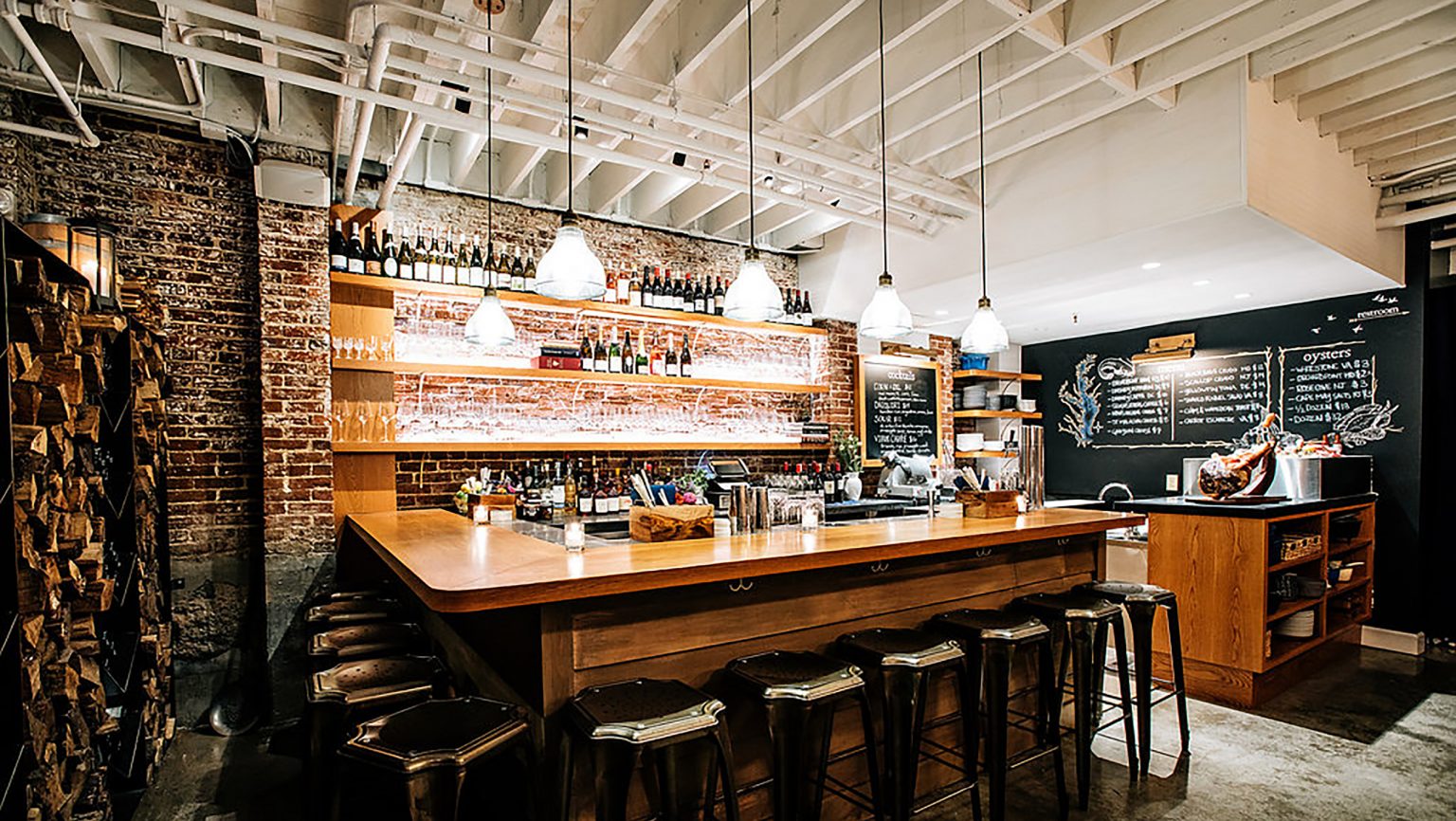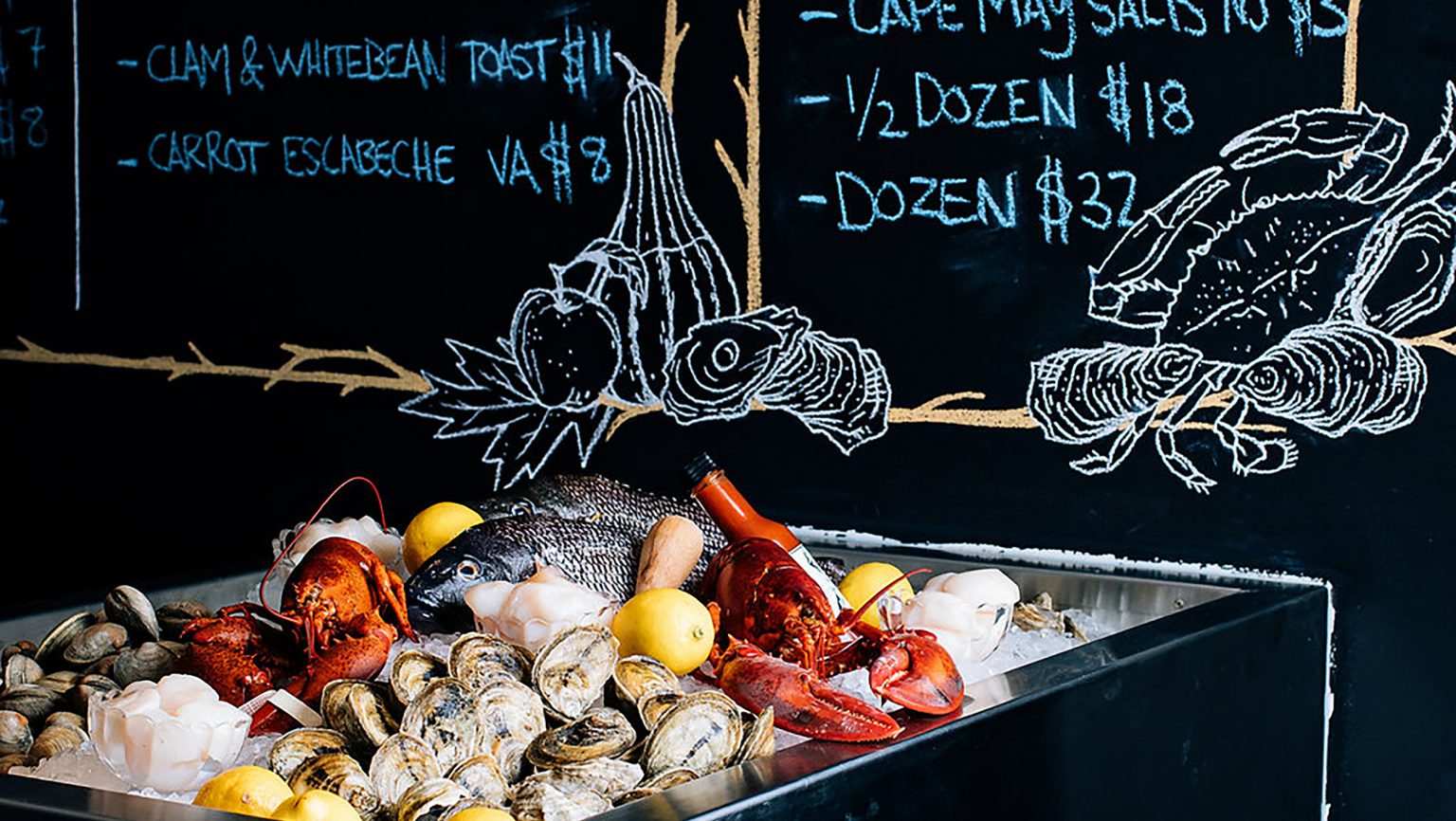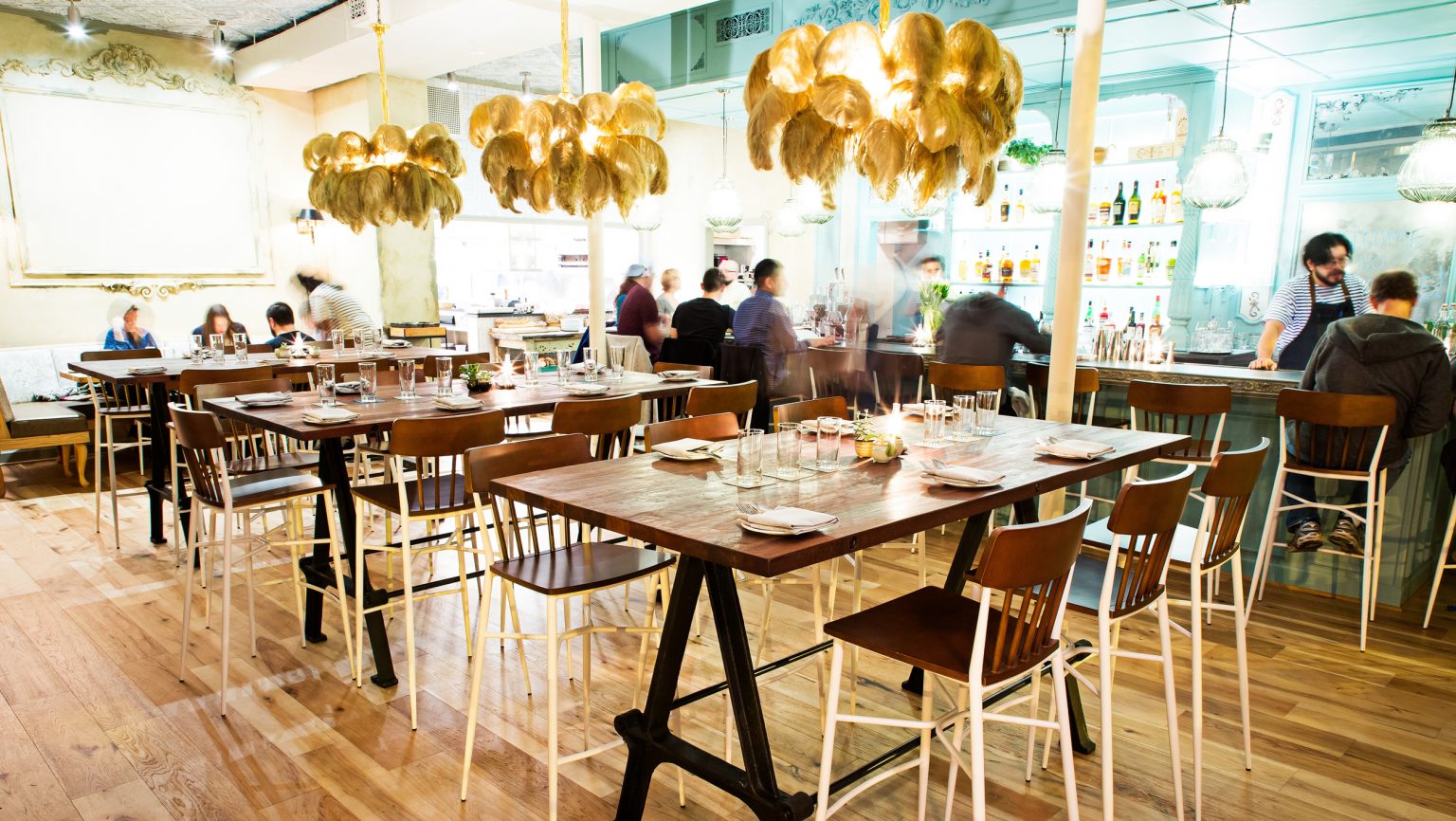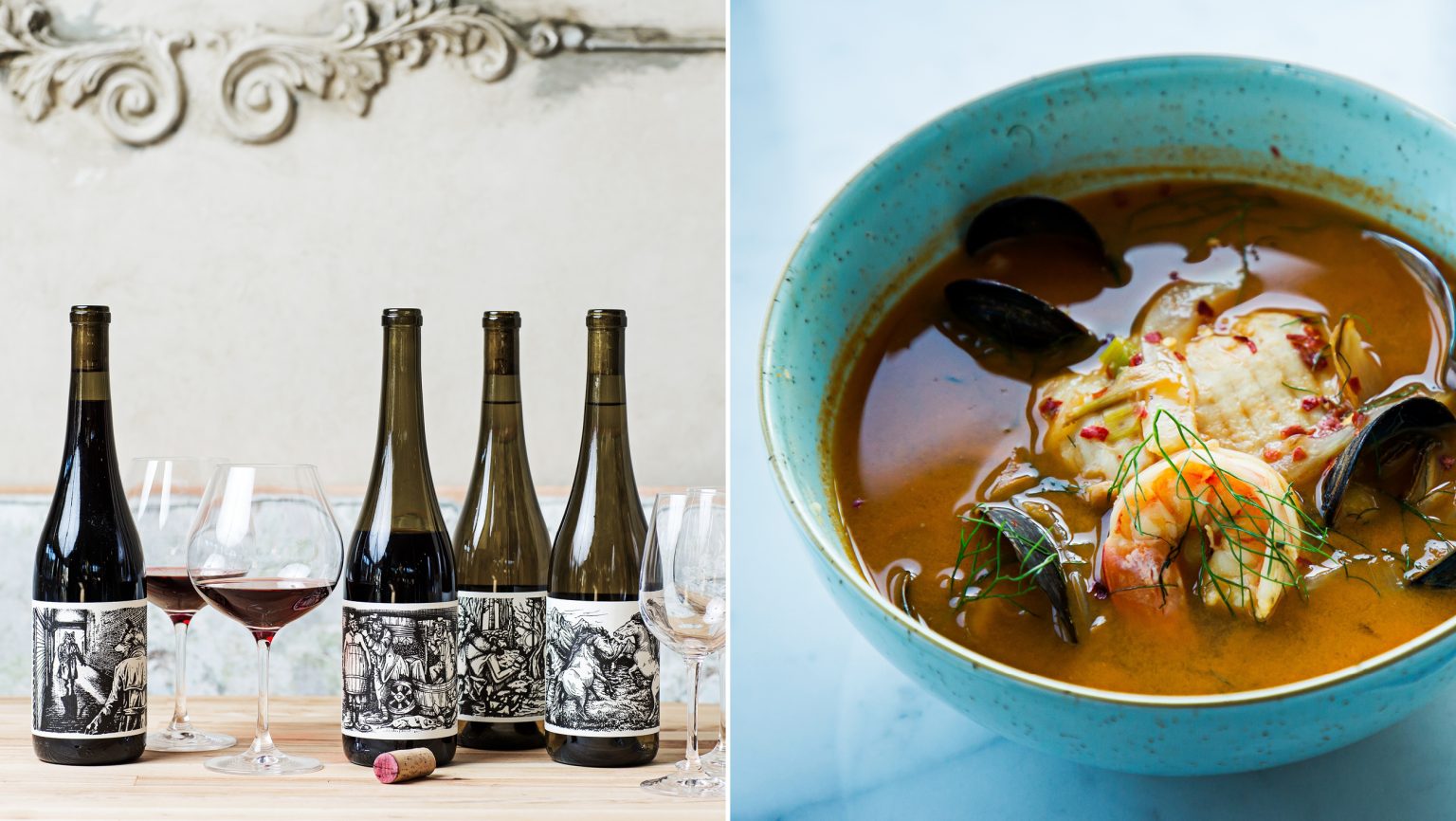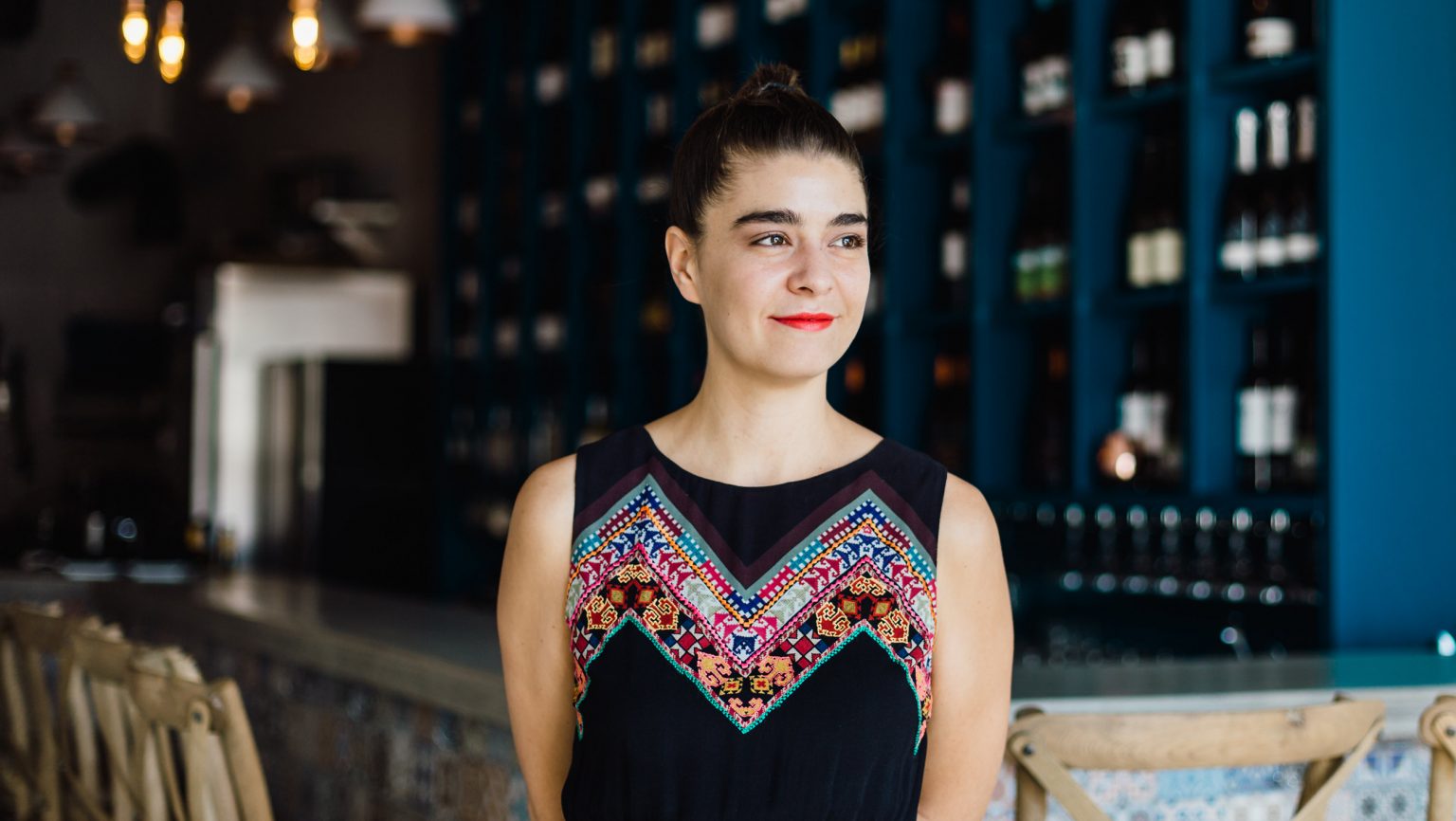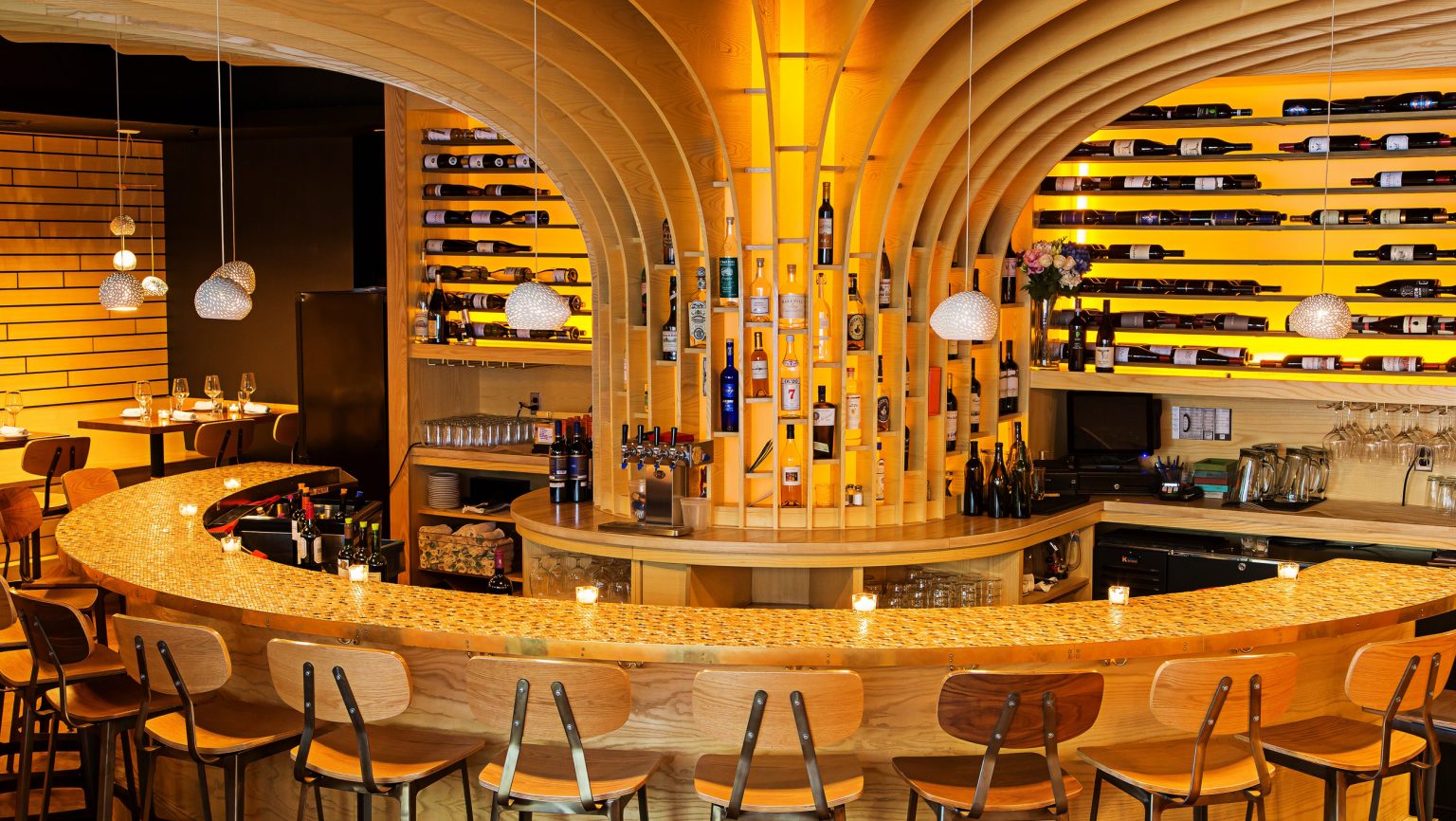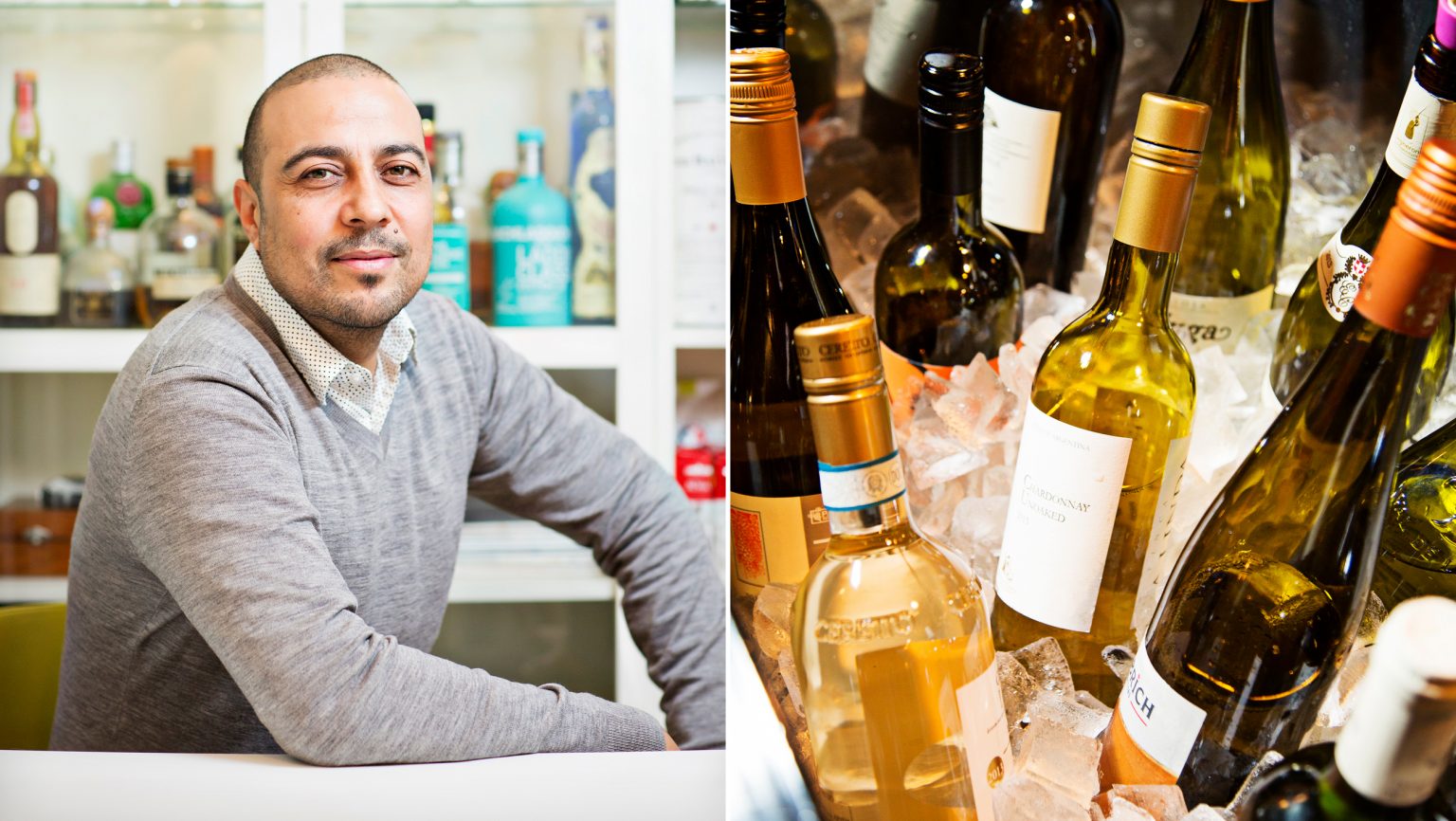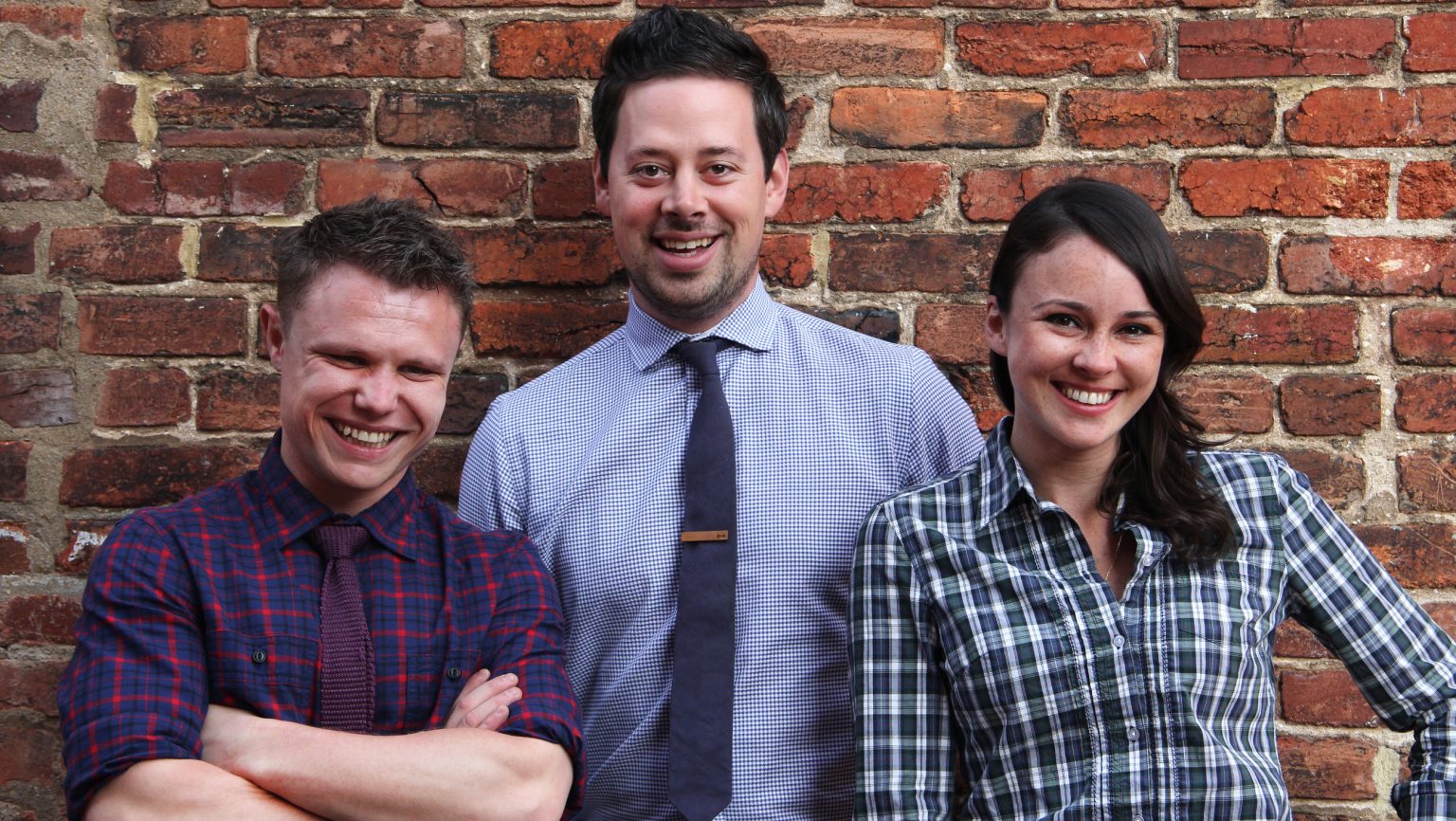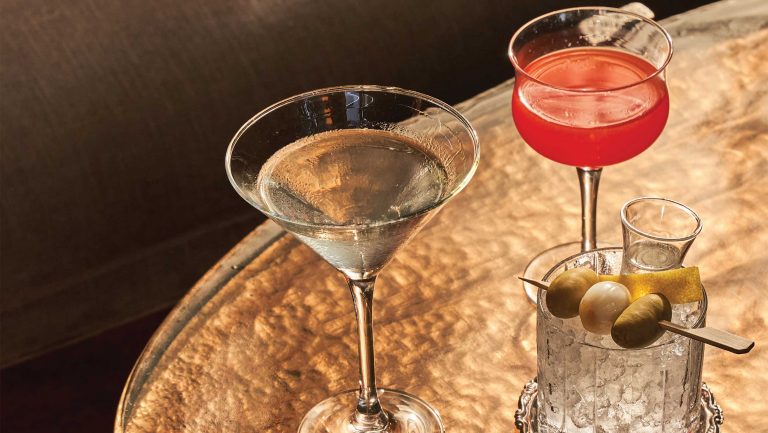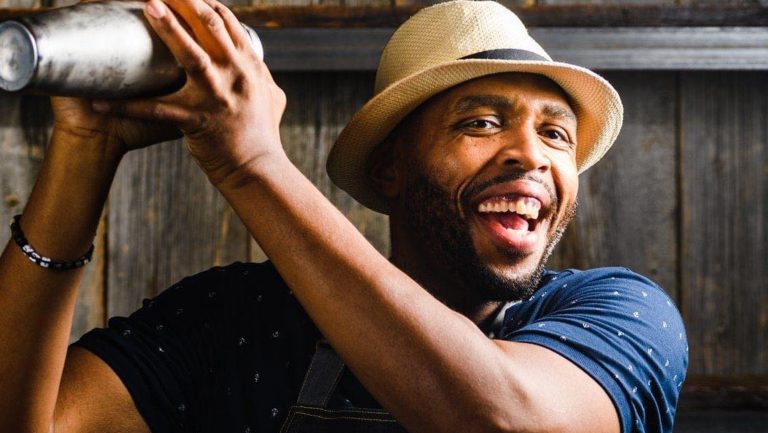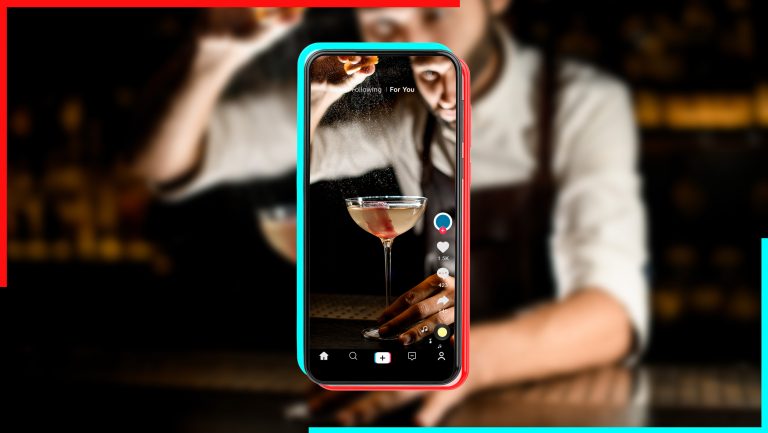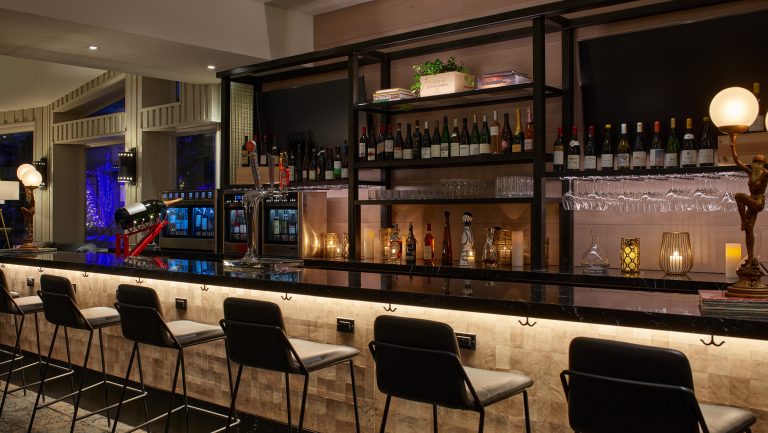A revolution is happening in the nation’s capital that has nothing to do with the government. During the past decade, the city once known for stodgy steakhouses and one-note wine lists has witnessed a flourishing restaurant scene that’s now as vibrant as its revitalized neighborhoods. For some time now, Washington, D.C., has been filling up with Michelin-starred restaurants, innovative cuisine, and wine lists that go beyond big Napa Cabs and traditional Bordeaux and Burgundies. And there’s an almost palpable momentum to the speed with which new wine-focused establishments are popping up around the city.
In the latter half of 2017, five new neighborhood wine bars opened: Maxwell Park, Dio, The Dabney Cellar, Primrose, and Little Pearl. Places like District Winery—from the owners of New York’s Brooklyn Winery—and City Winery, which has locations in New York, Boston, Atlanta, Chicago, and Nashville, also recently planted their urban-winemaking flags in D.C. The proprietors of the new wine bars say that they were pleasantly surprised to see so many similar businesses opening all at once, but each pointed to D.C.’s friendly alcohol laws, its growing millennial population, and the presence of an increasing number of importers in the area as reasons to set up shop there.
“With how good the wine laws are in D.C., we have a chance to be as good as anyone in the country,” says sommelier Brent Kroll, who owns the new Maxwell Park wine bar. “There are a lot of direct imports here. The way you can negotiate for wine, the way you can get allocations—we just have to have smart, savvy sommeliers who are demanding a certain level of allocations of products, of quality. So I think we’re just going to get better and better.”

Don’t miss the latest drinks industry news and insights. Sign up for our award-winning newsletters and get insider intel, resources, and trends delivered to your inbox every week.
SevenFifty Daily spoke to Kroll and other owners of new wine bars to find out how they’re staying competitive in D.C.’s emerging scene. We also reached out to a few from established venues, to add perspective. Nearly everyone said that D.C.’s community is extremely collaborative, so it’s not about competition. But the owners did discuss how the city is evolving and how they’re operating among their peers.
Maxwell Park
Kroll made a name for himself in D.C.’s wine community while working at the Neighborhood Restaurant Group and Proof before opening Maxwell Park last June with his two partners, local somms Niki Lang and Daniel Runnerstrom. Their corner bar in D.C.’s Shaw neighborhood is a T-shirt-and-jeans kind of place and has quickly become a go-to spot for local residents and industry professionals.
Kroll’s goal was to open a “pure” wine bar in which more than 80 percent of sales would come strictly from the wine. He’s been able to achieve this by means of a significant by-the-glass list and by limiting the food menu to small plates.
“I wanted to design a [wine bar] where you look around and everyone is drinking wine, there’s a wall of glasses, there’s just wine all over the place—there’s a giant selection that rotates all the time,” Kroll says. “What’s funny is, I did the most ambitious thing I could possibly think about in rotating wine, and our regulars are still waiting for the next theme, still waiting for the next month, when we change about 40 different wines, because they want to keep trying something new, and that’s what I think a wine bar should do … We should keep people engaged with what we’re onto next.”
Cork Wine Bar and Market
This year Cork Wine Bar and Market is celebrating its 10-year anniversary. A stalwart of D.C.’s wine community, Diane Gross—along with her husband, Khalid Pitts—recently converted their two storefronts (a separate restaurant and market) on 14th Street NW into a single location. Gross says the redesigned market location is now a “holistic space” for selling, serving, and—soon—making wine. From the beginning, she and Pitts focused on selections from Old World small-production estate wineries. “How we’ve done well is, we’ve stayed true to what we want to do, which is very classic,” she says. “And year in and year out, people want delicious, wonderful wines regardless of what the trend is at the moment. And I think that’s the recipe for a wine bar to do well.”
The only concern Gross has about competition might be regarding employees. “There’s a limited number of wine professionals, and we all want to have those people in our spaces helping out,” she says, noting that Lang of Maxwell Park is a former Cork bartender. But what’s working across the city, she says, is the focus on being a part of the community. “Now we’re seeing neighborhood wine bars open, which is so European in its model,” she says. “It’s not like they’re opening a 150-seat wine bar downtown—they’re focusing on smaller places … It’s really a sustainable model.”
Flight Wine Bar
Swati Bose, together with her husband, Kabir Amir, opened Flight Wine Bar four years ago to focus on global producers. Located across the street from the Capital One Center sports arena and in between the city’s Chinatown and Penn Quarter neighborhoods, the bar attracts a combination of game- and concert-goers, tourists, and people who live and work in the neighborhood.
To meet customer demand, Bose says, she and Amir have increased the number of flights on their menu from 6 to 28. When they first opened, they made a point not to highlight that they were wine professionals so that they’d be more approachable to their patrons. “We constantly balance what we hear from our guests and customers about the sort of experiences they’re seeking,” says Bose, “but at the same time we do stay true to what we do and who we are. For example, natural wine—we’ve always had [it] on our lists, but we hadn’t necessarily highlighted it. However, we do have two natural flights now because we have guests coming in specifically asking for it.”
Bose also thinks that the rush of new wine bars is a positive change in the city. “The growth of the industry helps everyone around,” she says. “The more wine bars there are in the city, the more wine drinking there is in the city and the more availability and access there is to the great wine. All of these wine bars are actually adding to our success.”
Dio
Stacey Khoury-Diaz, the owner of Dio, which opened last September, says that her childhood in Sonoma, California—as well as coming from an agricultural background rather than being a formally trained sommelier—are what make her natural wine bar unique. “It’s a different approach than formal sommeliers,” she says. “I grew up in wine country, and my exposure to wine wasn’t based on learning [and wasn’t] necessarily a passion; it was just a part of life and ingrained into everything we did. It was our economy, it was our culture, it was our social life.”
Located in D.C.’s H Street NE corridor, Dio draws on the neighborhood’s large millennial population. In the few years it took Khoury-Diaz to open the bar, she says she saw a “complete 180” in how the community and industry viewed the natural wines she was advocating for and making the focus of her bar.
“When I first met with distributors before Dio was open … there was a lot of reservation, a lot of hesitation from people in the industry,” Khoury-Diaz says. “[They asked,] ‘Can you really develop a full program around just this kind of wine?’ … There’s definitely been a change in the way they’re selling natural wines and the way they speak about them, and they see a lot more promise than they did before.”
Primrose
Before Dio entered the D.C. market, it was Sebastian Zutant who was known for stocking natural wines. His enthusiasm for the wines has helped make him one of the more famous somms in D.C., where he is often credited with introducing orange and natural wines to the nation’s capital.
Zutant built some of D.C.’s most creative wine lists at Komi, Proof, and The Red Hen and its sister restaurant, All-Purpose Pizzeria, before starting his own place, Primrose—a French natural wine bar that opened last November—with his wife, Lauren Winter, in the city’s growing Brookland neighborhood. The 90-bottle list, he says, includes 75 natural wines you can’t find anywhere else in the city.
“There is a small group of us pushing the envelope, which makes the market more flush with interesting wines. It’s a supply-and-demand type thing,” he says. “I would like to think my influence can be felt in the market, though. I’ve been peddling weird shit for quite a while now.”
While wine takes center stage, Primrose also serves traditional French fare and has a Parisian bistro vibe. “We’re sort of a hybrid restaurant–wine bar,” Zutant says, joking that Kroll would call Primrose just a restaurant because of its food. “We have a chef, and we put out a tight, concise menu. We really focused on a sense of place, on design. We also have an incredible cocktail program.”
The Dabney Cellar
Located just a few blocks down the street from Maxwell Park, on the edge of the Shaw neighborhood, The Dabney Cellar, which opened in December 2017, has no signs at street level to indicate its presence—just stone steps leading down to a wooden door. Inside, the walls of exposed red brick and stacked fire logs make the space feel warm and cozy. It shares a kitchen with The Dabney, the one-Michelin-starred restaurant upstairs, but the Cellar maintains its own wine list and food. Oysters, charcuterie, and small bites dominate.
Alex Zink, the co-owner and beverage director of both the restaurant and the Cellar, says the Cellar was opened as a way to offer a completely different experience for Dabney customers. “It gives me the opportunity to not necessarily use it as a guinea pig,” he says, “but to get a bit more esoteric, see how guests respond, kind of play around.”
As excitement about wine continues to grow in D.C., Zink, like many other local proprietors whose focus is wine, points to the strong community here. “What’s really great about Washington, D.C.,” he says, “is the camaraderie that all of us professional wine enthusiasts have for one another. We’re all friends. We’ve all been to each other’s places and support each other.”

Dispatch
Sign up for our award-winning newsletter
Don’t miss the latest drinks industry news and insights—delivered to your inbox every week.
Alicia Cypress is following her passion for wine after spending more than 20 years as a journalist at National Public Radio and the Washington Post. She’s currently a managing editor at Reviewed.com, a part of the USA Today Network, and she writes a wine blog, itswinebyme.com. She’s received the WSET 2 certification (with distinction) and hopes to continue her studies. Talk about wine with her on Twitter or Instagram.

